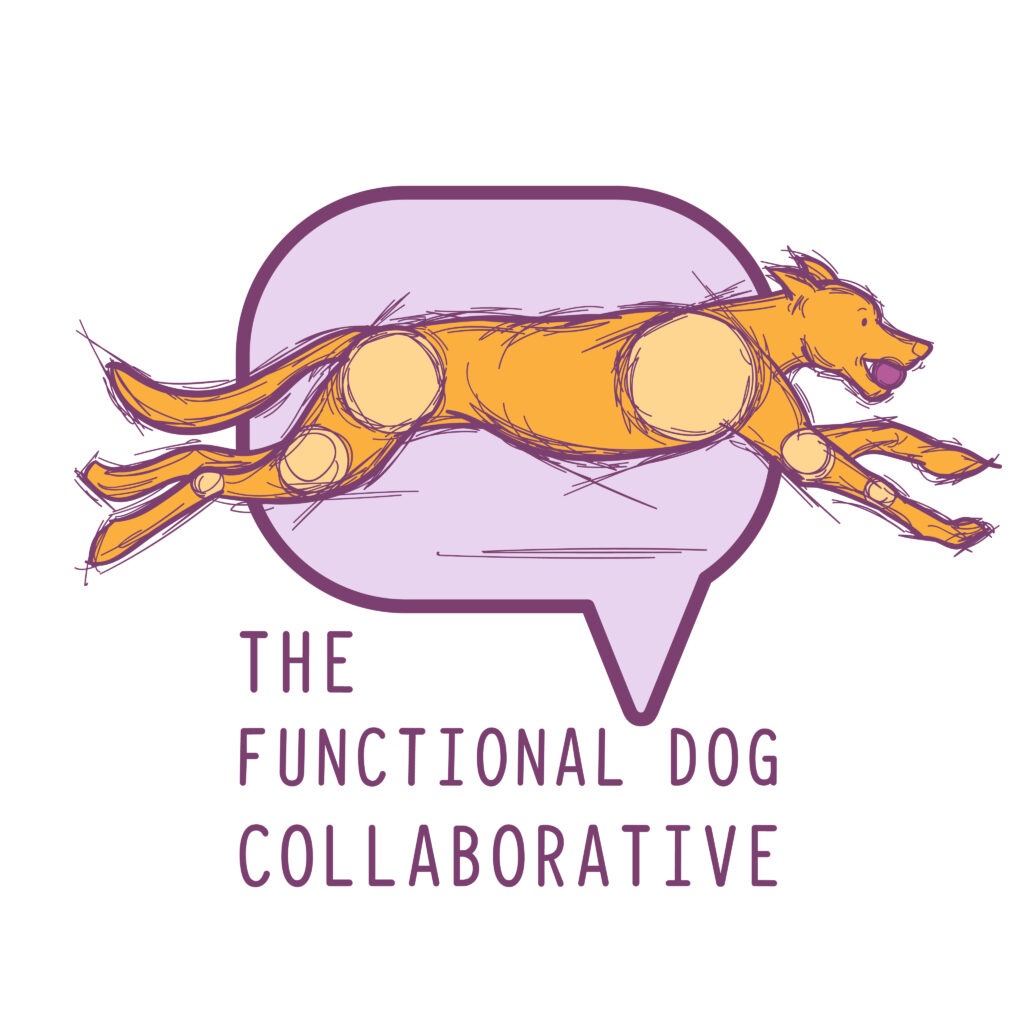Position Statements
Position Statement: Support for Adopting Shelter Dogs
The mission of the Functional Dog Collaborative (FDC) is to support the ethical breeding of healthy, behaviorally sound dogs.
We have been asked: Don’t you want people to adopt shelter dogs?
The answer? Yes, we do want people to adopt shelter dogs! We see shelters and rescues as an important source of both family pets and working dogs, and it is important to us that homeless dogs find homes.
In promoting responsible breeding practices, the FDC is not proposing an alternative to finding dogs at shelters. Instead, the FDC is working to provide alternatives to the use of high volume breeding facilities with questionable methods, often called “puppy mills.”
Background
In many areas of the world, animal welfare efforts have dramatically reduced the number of unwanted litters, surrendered dogs, and stray dog populations. In these regions, shelters have far fewer dogs than there are people seeking to add a dog to their home. However, even in regions where shelters transport in dogs from elsewhere to both help those dogs in need and meet local demand, many adopters have few appropriate options for their home when they seek to adopt a shelter or rescue dog. For example, many regions do not have options if a dog seeker needs a specific kind of dog, such as one or more of the following:
- Great for a first-time pet owner
- Able to live with other pets, kids, or both
- Suitable for a social lifestyle filled with visitors (human and dog)
- Under 25 pounds
- Non-shedding
- Under 9 months of age
- A specific breed or type of breed
The FDC recognizes that if a shelter has no dogs that match what a potential adopter is looking for, that adopter may still get the dog they want – somewhere else.
It is valid for adopters to have breed, size, and personality preferences. Most people working or volunteering for animal shelters do, too. Placing a dog that is not well suited to a family’s ability to care for them is something welfare professionals generally agree goes against the mission of responsible rescue, and is not in the best interest of the dog.
Currently, the fastest and most readily available source for highly desirable breeds or mixes when a shelter has none, and when responsible breeders have a lengthy wait list, is online puppy order services or pet stores. These sources are very likely to be supplied by puppy mills.
The FDC’s Role
The FDC believes that responsible breeders and the animal welfare community can work together to find a better way to meet the local demand for puppies and put an end to the inhumane breeding practices of puppy mills.
The FDC seeks to improve the ability of responsible breeders to bridge the gap between the number of puppies needed every year to meet the demand of our communities and what shelters can provide. We envision a stable dog population with ethically produced puppies, who are physically and behaviorally sound, and well equipped to live as family pets.
Specifically, the FDC supports more puppies being given the early tools they need for success, to keep them out of shelters later in life. This looks like puppies born and raised in a home environment, with appropriate health care and critical socialization to help prevent later health and behavior problems that put them at risk of relinquishment.
The FDC advocates for:
- A collaborative approach between shelters, rescues, veterinarians and breeders to maintain a “right-sized” population of dogs;
- assessments of dog demand vs. supply, and common lifestyles in individual communities, to help determine how to best meet the need for family dogs in those communities – this may include both spay and neuter programs for overproduced types of dogs and/or a community breeding program managed by knowledgeable and experienced breeders;
- reducing the market for puppy mill dogs by educating and supporting both breeders and puppy seekers.
In summary
To support shelters in their life-saving work, the FDC strives to help provide a humane alternative for people whose pet needs aren’t being met by the dogs available for adoption. We want all puppies to have a head start in life that makes them less likely to need the safety net of an animal shelter in the future.
Published February 23, 2022


